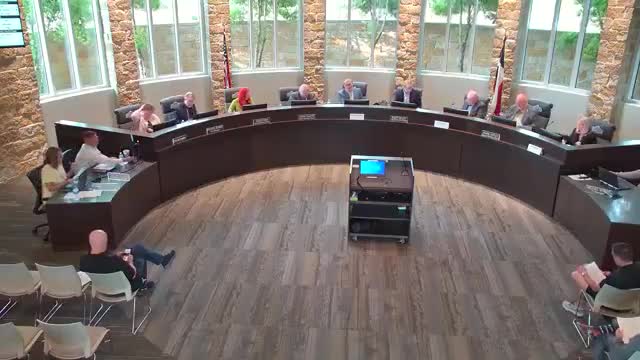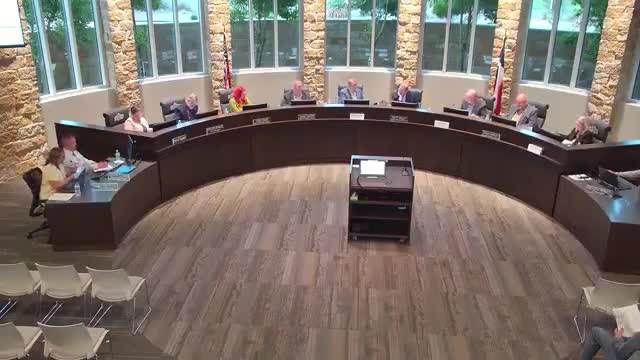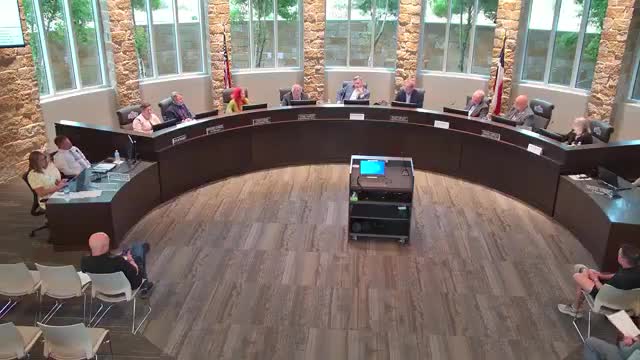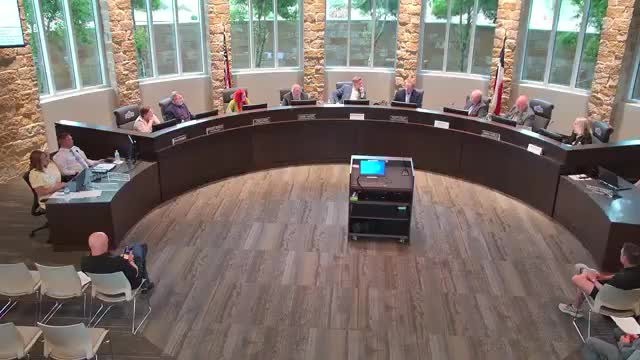Article not found
This article is no longer available. But don't worry—we've gathered other articles that discuss the same topic.

Fate council declines proposed 20% general homestead exemption and repeal of senior exemption

Council debates one‑ versus two‑story police station; executive session set to discuss land and price

Fate council asks staff to draft ordinance limiting unsecured bagged flyer distribution

